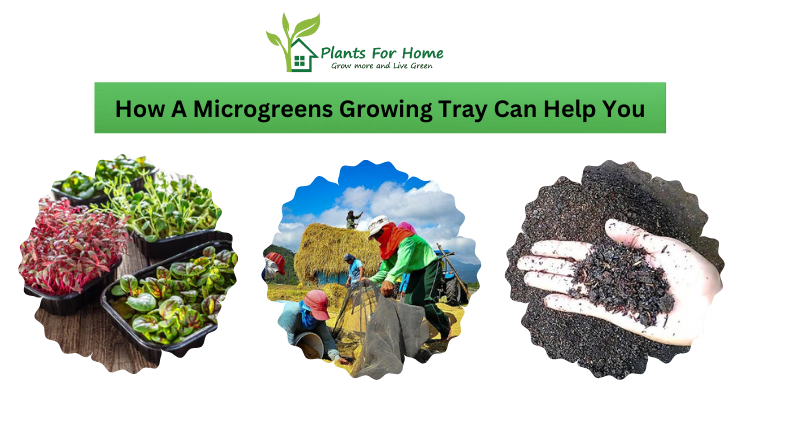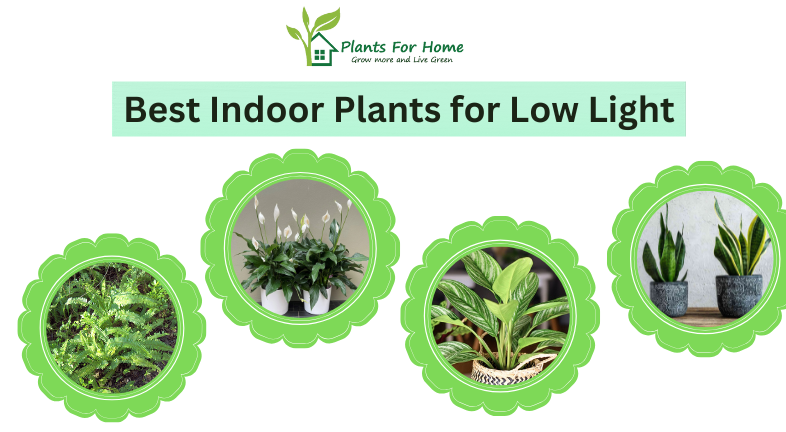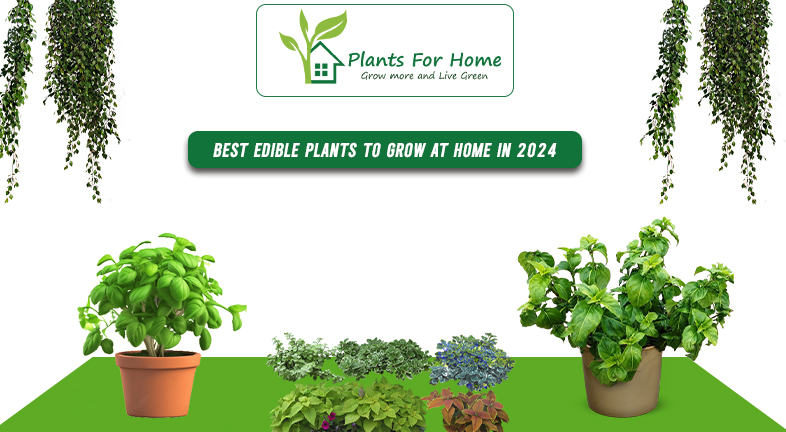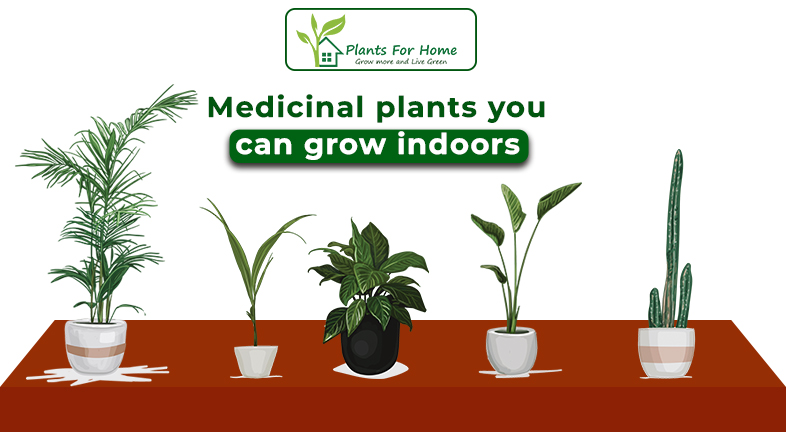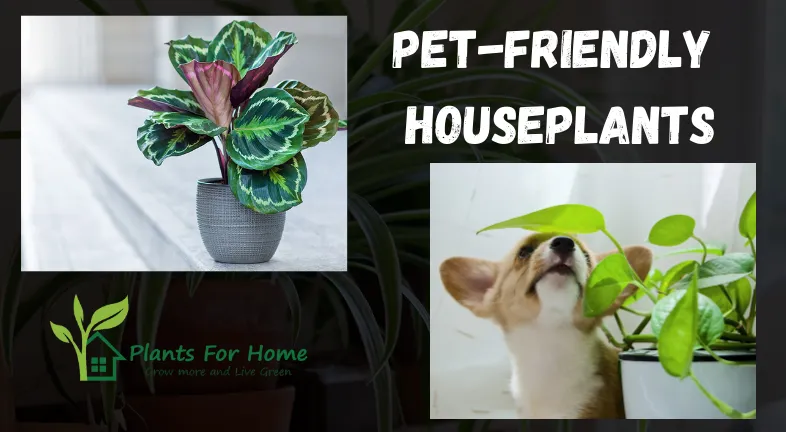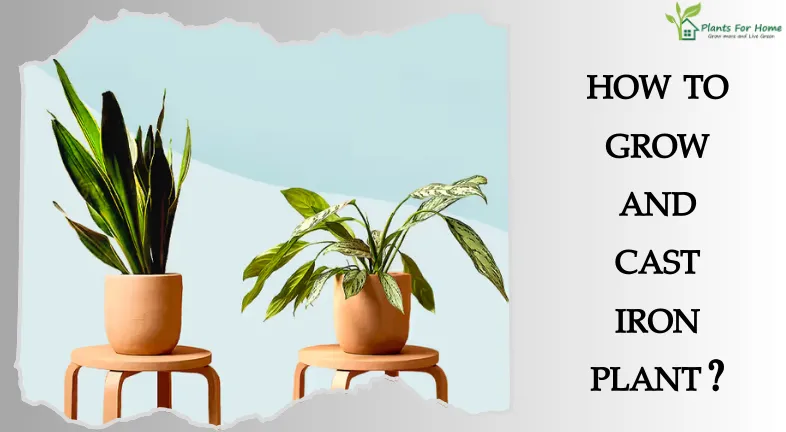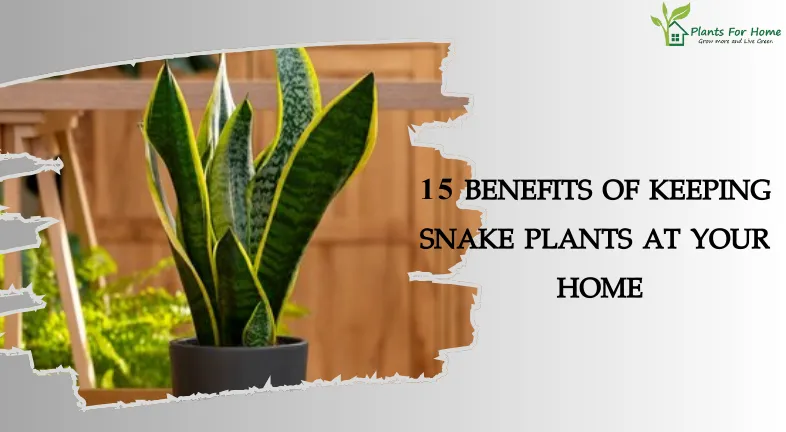Medicinal plants you can grow indoors
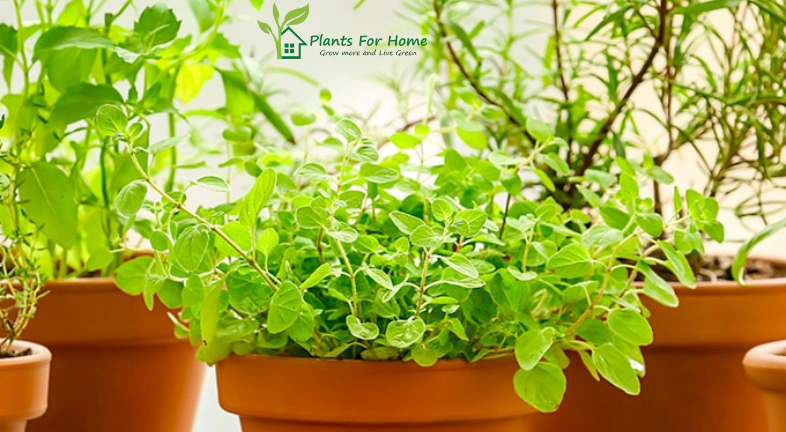
With wellness and balance being on the top of the agenda, it has rather become the norm to grow therapeutic plants indoors. Such plants not only beautify, and calm our homes, but serve therapeutic purposes as well. Can you imagine a madicine cabinet, containing, of course, bios which would help you to treat minor ailments, embedded in your house? The substance of the blog will be the health-promoting properties of various houseplants, which are quite easy to keep and are classified as medicinal.
Why Grow Medicinal Plants Indoors?
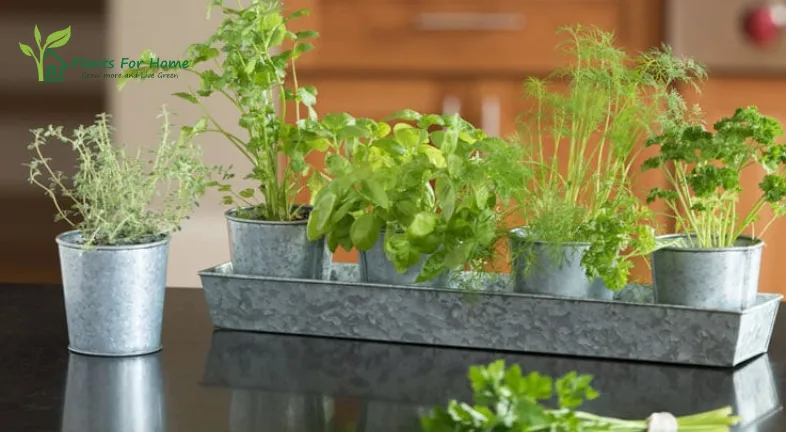
Indoor gardening can be pursued not only as a pastime but rather more as a sensible way of living. Cultivating medical herbs and home remedies brings the comfort of natural cures anywhere without the need of chemically manufactured products. While these plants, ranging from drinks and medicines to salves and wet dressings serve to improve air quality and relieve stress, some have medicinal value and can be used practically. Initiating the collection of a few edible herbs does not require the gardener to have a full garden, but instead, just a sunny window or a small balcony.
Best Medicinal Plants to Grow Indoors
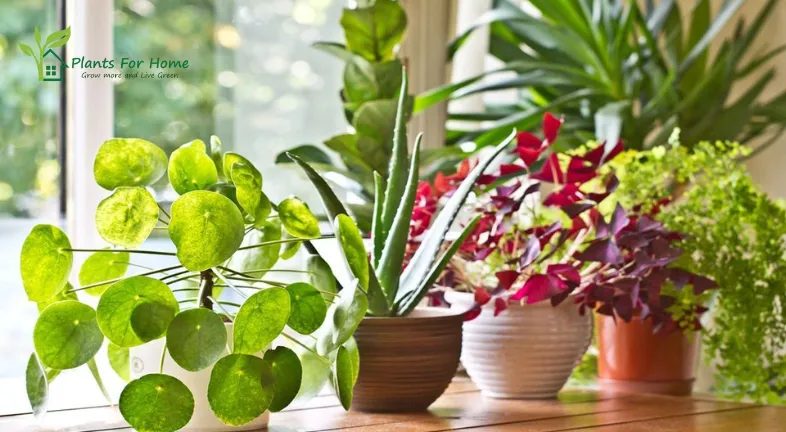
We will also go over suitable care techniques and the health benefits of some of the most strong medicinal herbs suitable for indoor growing.
Aloe Vera
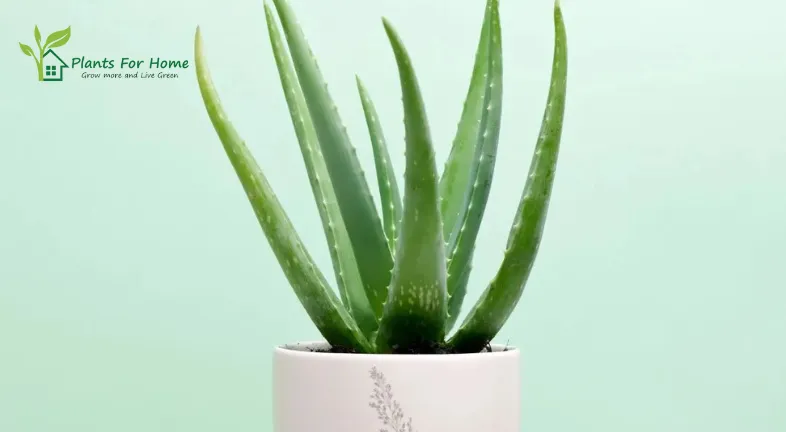
- Health Benefits: Most people know aloe vera has healing qualities, particularly for burns, cuts, and skin irritations. Additionally used for skin moisture and acne treatment is its gel.
- Care Tips: Aloe Verashrinksy is a fleshy plant that does well anywhere that is bright but not direct sunlight. For the soil to dry entirely before a second watering, this plant should be watered only once in three weeks.
Peppermint
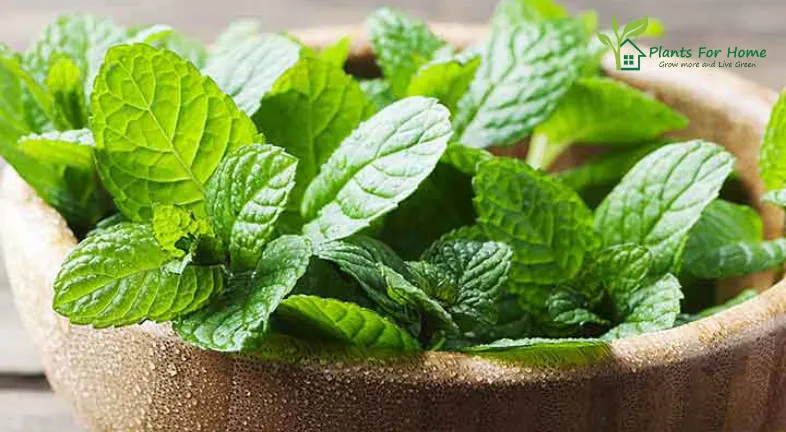
- Health Benefits: Peppermint helps especially in easing indigestion, headache and respiratory problems. The smell of peppermint tea has the ability to ease tension type headaches as well as calm down an angry belly.
- Care Tips: Peppermint thrives in well-drained, semi-shaded, and wet soils. Water regularly to avoid over extending the plant and trim it regularily.
Basil
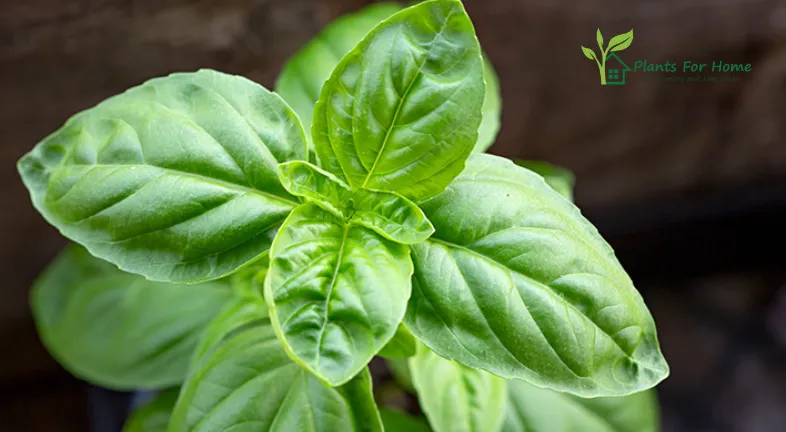
- Health Benefits: Basil is recognized as an effective microbial and inflammatory agent. The Culinary Herb and Basil Tea, however, are more commonly used in the kitchen, even though they help treat coughs and aid digestion.
- Care Tips: Because basil is a sun-loving plant, it is advised to place it in sunny spots. Consistent clipping back of plants help in the encouragement of new growth in combination with moist, but not soggy, soil.
Rosemary
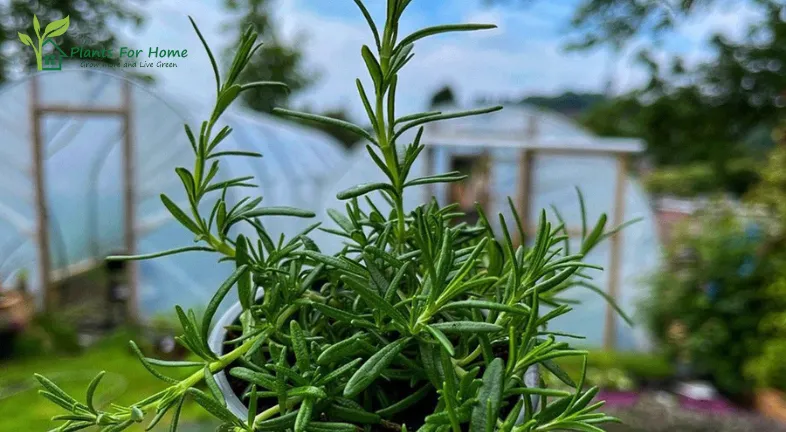
- Health Benefits: Rosemary is one of the few herbs that is particularly effective in sharpening memory and concentration. The other advantage of rosemary is in natural hair care. It helps to stimulate hair growth and also has anti-inflammatory characteristics.
- Care Tips: As such, it becomes essential to provide Rosemary with at least six hours of sunlight every day, since it enjoys basking in the sun. In order to maintain its dense shape, it must be regularly trimmed and watered when the soil looks dry.
Turmeric
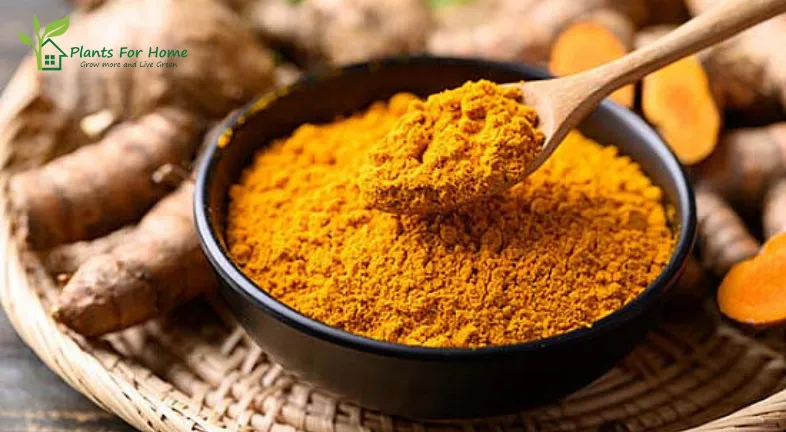
- Health Benefits: Turmeric acts as an effective treatment for relief in digestive issues, arthritis and boosting the immune system due to its anti-inflammatory and antioxidant properties. The raw turmeric rhizome is also used to prepare smoothies, tea or home medicines.
- Care Tips: Although it may prove to be more difficult growing turmeric indoors, given the right conditions, indoors will also thrive. It prefers lower temperatures and does well with shaded light. Ensure the earth is kept damp at all times, without flooding it.
How to Grow Medicinal Plants Indoors: General Tips
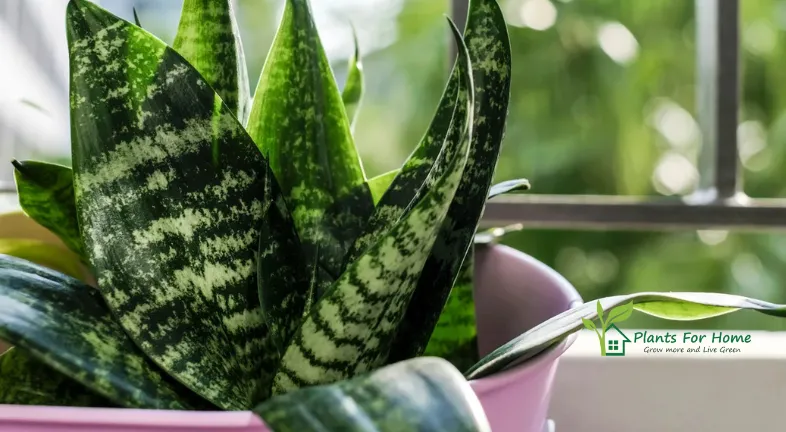
Cultivating healing herbs inside the house is not as hard as one may think. By adhering to a few basic rules of maintenance, you will be able to establish a flourishing indoor garden. These general principles will suffice for getting things going:
- Choose the Right Pot
Pots with drainage holes will also avoid the accumulation of water thus reducing the chances of the plant developing root rot. Choose the right size for your plants. For example, smaller pots would fit herbs such as basil and mint, but the larger aloe vera would need wider circumference pots.
Soil

Most medicinal plants tend to favor soil that is not waterlogged. For example, sand or perlite can be added to regular potting soil to prevent excessive moisture retention.
Sunlight

Most therapeutic herbs flourish under lots of sunlight. Keep your plants near windows to allow for at least four to six non-direct sunlight per day. It is better to have south facing windows.
Watering
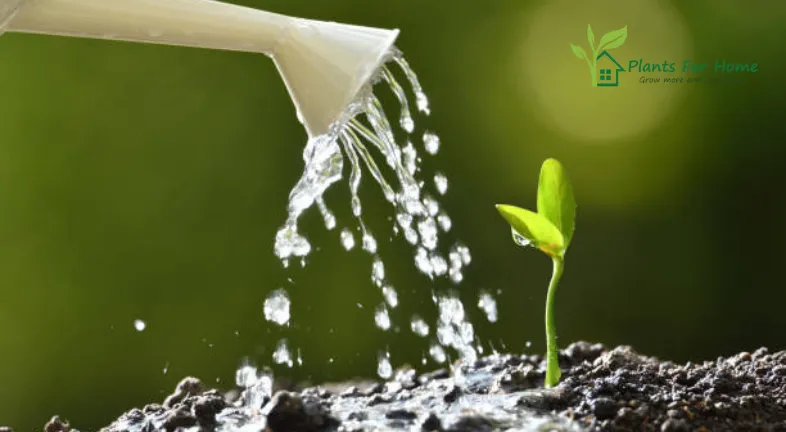
One of the frequent blunders made regarding houseplants is the excessive watering of the items in question. There are two medicinal HERBS, thyme and aloe vera which also needs drying time before the next watering day. Sufficiently dig the earth to check that the soil moisture is not present at least an inch beneath the surface of the soil before any form of watering is done.
Temperature and Humidity
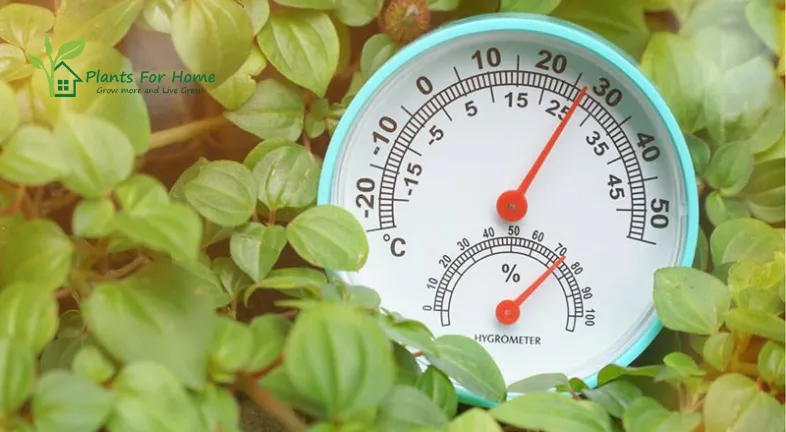
Most of the herbal plants grow in warm climates with a moderate level of humidity. It is advisable not to put the plants near heating ducts or in the path of any drafts. Increased humidity would be beneficial for Turmeric and Ginger etc. Therefore, it is suggested that the plants should be misted or a humidity tray should be used from time to time.
Pruning
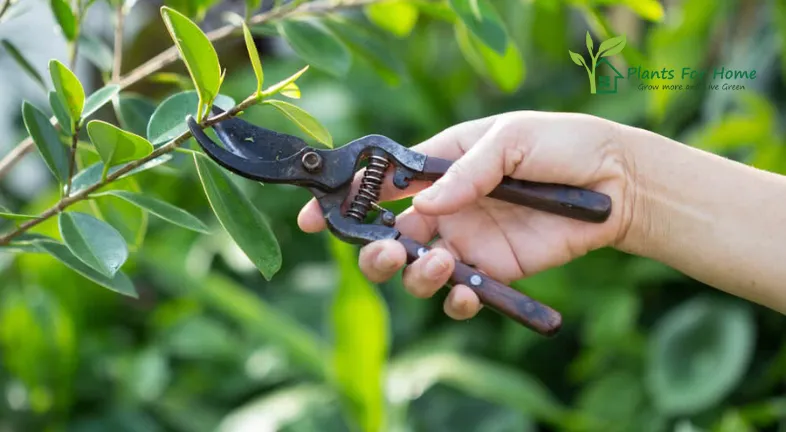
When done properly, plants appear fuller, lush, and healthier after being cut back. Furthermore, general health of the plant benefits from this and also prevents leggy growth. Cut Herbs like basil and mint especially require cutting back regularly; so do not rule out the need of cutting back your plants.
Final Thoughts
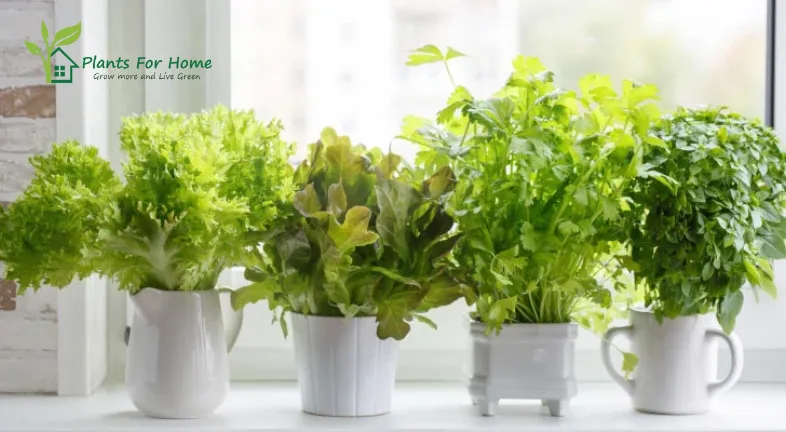
The interior gardening of these healing plants is enjoyable and contributes to the natural ambiance of the house. You need not fear such minor ailments as coughs and colds, as these home treatments come handy. Whatever the problem might be, from an itch and scratch to a sip of tea with fresh mint leaves, these plants serve their purpose in achieving wellness through nature. Start small, try different flowers and soon, you will be able to set up your own indoor pharmacy.
Read More :- Pet-Friendly Houseplants

